The Catherine McAuley Center celebrated communi-TEA at the 20th Annual Catherine’s Tea on Sunday, October 2, 2016. In honor of this 20th anniversary, Laurie, a resident peer leader at CMC, shared 20 ways that she and other residents see their community actively working in their lives. Find the full transcript below!
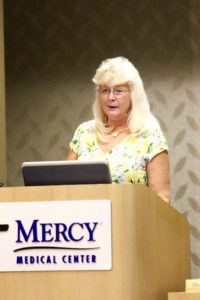
Laurie shared 20 ways that the residents in the Transitional Housing Program see their CMC community at work in their lives.
Good afternoon, my name is Laurie Cramberg and I am the senior peer in the Catherine McAuley Transitional Housing Program.
I’ve been at CMC since February 2015. I came to CMC after substance abuse treatment. I was homeless afterwards and needed guidance on how to live my life as a productive, healthy, responsible adult. My needs were not only housing, but also a safe place to live and grow in my sobriety and mental well-being.
I am now sober over 2 years with the help and grace of God, lots of prayers, and of course the community and help of the Transitional Housing Program.
About 6 months ago the housing program manager Jennifer came to me with the proposition of becoming the senior peer at CMC. I accepted and now I help the other women in the program build a strong community.
As a senior peer I’ve been given the opportunity and challenge to lead a group in our program. This is a group we have named “Community.” In our group we plan times to spend together as a community as well as time to give back to CMC and Cedar Rapids.
In honor of this being the 20th anniversary of the Catherine’s Tea, the ladies in the housing program, staff, and I would like to share with you 20 ways we see our CMC community in action in our lives:
As you all know, last week Cedar Rapids prepared for the flood. In this sad and frightening time, we saw how our CMC community comes together.
- Last weekend, one woman at CMC organized a group of women to help at the sandbagging stations.
- We welcomed five women who needed to be evacuated into the program. One of the current residents has been a gracious host for the evacuated women—sharing her living space and has helped show them where things are at in the house and helped them get settled in.
- One the first night of evacuation, one CMC resident prepared quite the feast for the evacuees with us. She made homemade spaghetti, garlic bread, and a salad with items from the garden. We had great conversation and full bellies that night!
- One resident led a group meditation on Saturday night. The response from the women was so appreciative, and it really seemed to help make everyone feel more safe and calm.
- And on Sunday, the women who moved into CMC after evacuating made dinner for all of us. It was so awesome seeing everyone work together and being so giving.
- Many of us have worked hard in our community garden all summer. We have had an abundance of produce to share. During the flood, we used some of the produce from our garden to make meals together with those who were evacuated from their homes.
The flood is a strong example of our CMC community, but I’d like to share with you some other ways we can see our CMC community in action in our lives throughout the year
7. This past spring we invited our neighbors, students, tutors, and family to a Garden Party in our community garden to celebrate our pollinator garden where we share not only in the beauty of the flowers we’ve planted but the hope for an increase in the population of the Monarch butterfly.
8. Which reminds me of the CMC picnic where we share in fellowship with the students, teachers, staff and family members.
9. During cooking groups at the Center, we share recipes, mistakes, and successes that’s the food, of course—and laughter and fun.
10. We share in fellowship cooking out in our back yard. It’s not always just a cook out. On National Night Out in August, we stayed out to play games as part of a national protest against violence in our community and to encourage our neighbors to help us create a safe neighborhood.
11. On Women’s Equality Day, we take time to remember the women who won our right to vote and honor three women in our community who we feel are an example of courage, commitment, and service.
12. Being engaged in activism and social issues is an important part of our community. We invited a representative from both the Democratic and Republican party to teach us how to caucus and other ways to use our voices to make a difference.
13. We like to find ways to build community in greater Cedar Rapids too, like taking opportunities to volunteer at our local food banks.
14. During our weekly Community Groups where we not only share a reading to help us reflect on our lives. We share our successes and challenges with each other. And we brainstorm for upcoming events.
15. In the future we plan to have a baby shower for one of our alumnae, and who doesn’t love babies or a reason for cake?
16. This upcoming Tuesday night we are planning a board game night with a dose of homemade nachos on the side.
17. We each have an opportunity to share and maintain our communal living areas. Different residents add decorations or do projects to improve the spaces and help create a comfortable home.
18. We listen to each other and help each other whenever we can. We help carry groceries in for each other and help people move in and out of the houses. I am grateful for one woman in particular for helping me when I am in need—cat sitting.
19. Our support for each other is especially important around the holidays. We have dinners together on Thanksgiving and Christmas and celebrate together.
20. Our fall retreat—where we are offered the opportunity to explore who we are, our needs, or just plain regroup—is one of my favorite times we have been blessed to share.
So what is community? The dictionary says that community is “bonds of harmony and brotherly love.” And that’s the kind of community we strive to be at CMC.
Thank you.
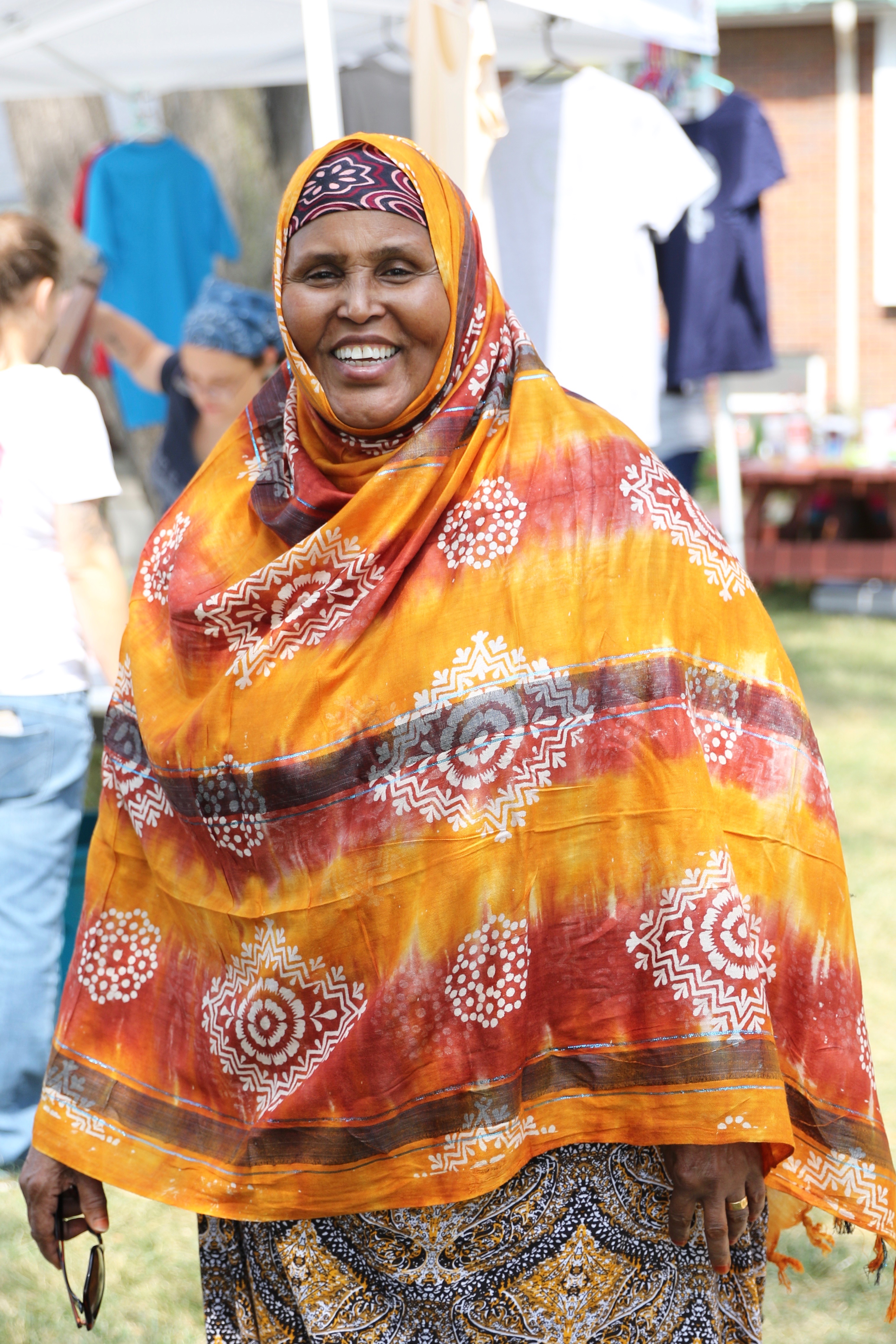 We’re glad you’re a student at CMC, Muriyo! Thanks for telling us about your native country.
We’re glad you’re a student at CMC, Muriyo! Thanks for telling us about your native country. Question: Tell me about a tradition or holiday in Somalia.
Question: Tell me about a tradition or holiday in Somalia.


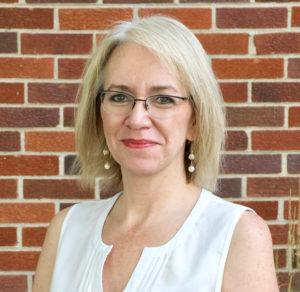
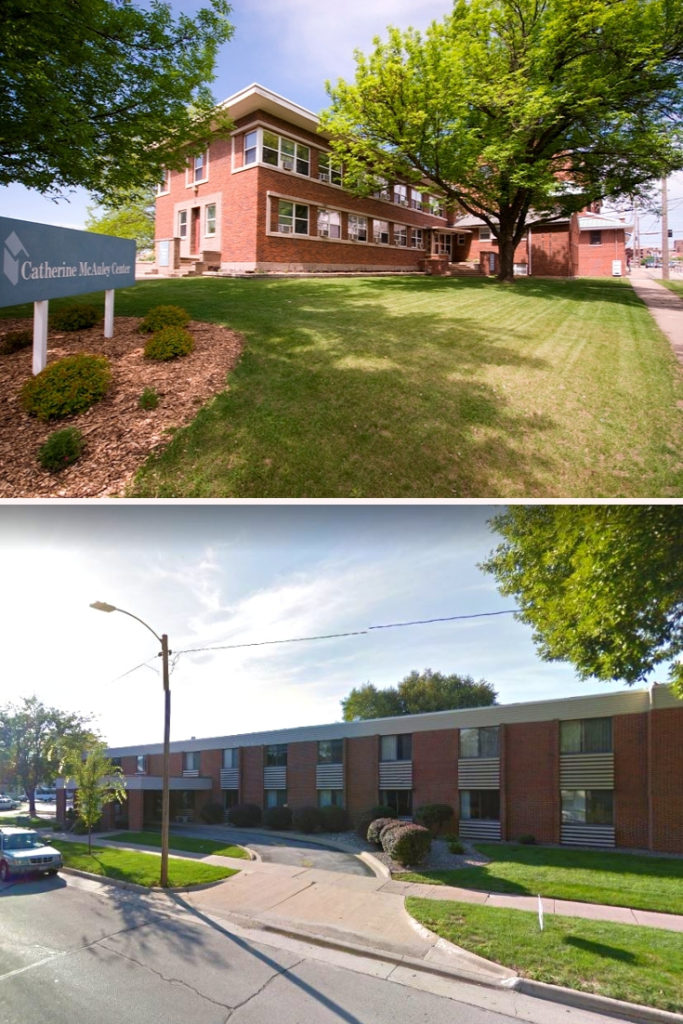
 This growing season, Daniel and Rachel are finding belonging and hope in the Catherine McAuley Center’s (CMC) community garden, where they will work side by side with other students, residents, and refugee newcomers to grow produce for their families and CMC’s food pantry.
This growing season, Daniel and Rachel are finding belonging and hope in the Catherine McAuley Center’s (CMC) community garden, where they will work side by side with other students, residents, and refugee newcomers to grow produce for their families and CMC’s food pantry.
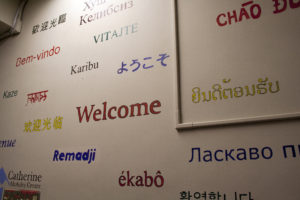 Last week at the Cedar Rapids Public Library the
Last week at the Cedar Rapids Public Library the 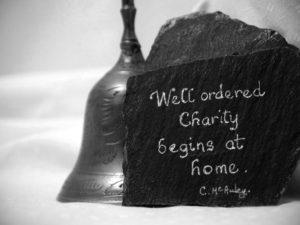

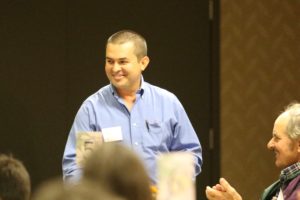
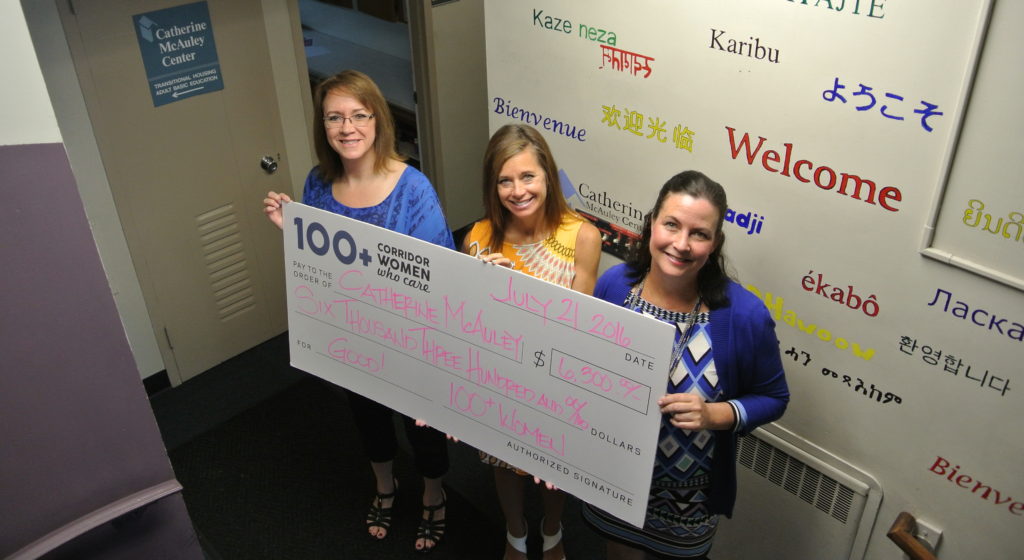
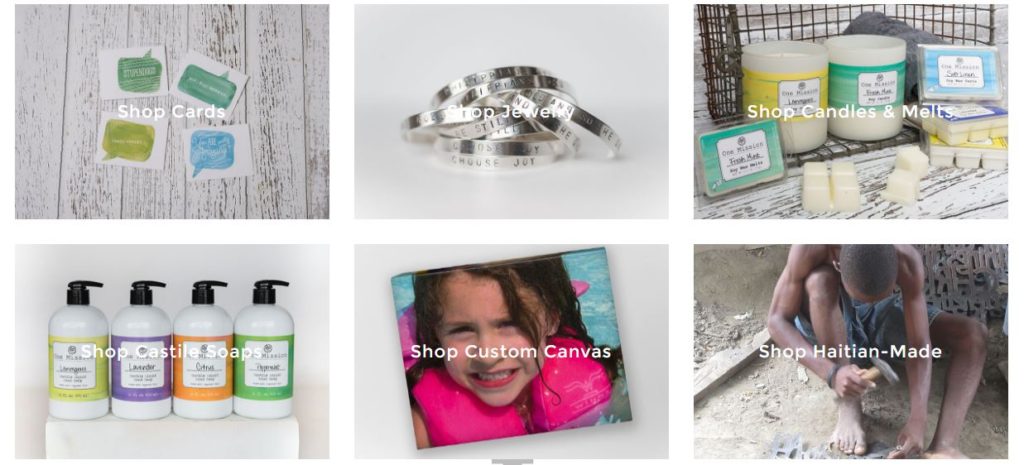
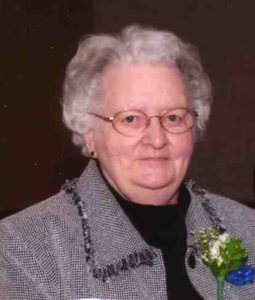 It is with sad hearts that we share with the Catherine McAuley Center community that board member Sister Mary Cephas Wichman passed away on May 6.
It is with sad hearts that we share with the Catherine McAuley Center community that board member Sister Mary Cephas Wichman passed away on May 6.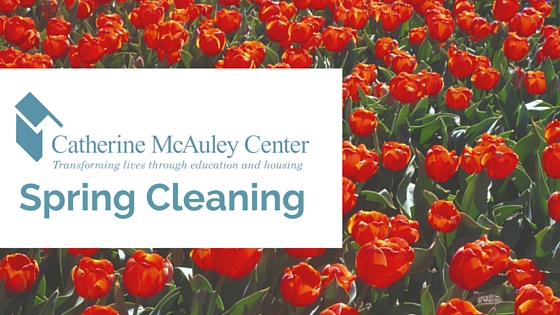 Ahh, springtime! The trees are budding, the flowers are blooming, the windows are open, and the bunnies are scurrying about…dust bunnies that is! For many of us, as we emerge from hibernation, we find ourselves rubbing our eyes in disbelief at the dust, stacks of papers, and sheer amount of clutter that has somehow accumulated during the long months of winter. Fresh and inspired by the warm spring air and the sound of birds singing outside our windows, we busy ourselves with washing curtains, airing out our bedding, and finally, finally tackling that overflowing closet whose door won’t close.
Ahh, springtime! The trees are budding, the flowers are blooming, the windows are open, and the bunnies are scurrying about…dust bunnies that is! For many of us, as we emerge from hibernation, we find ourselves rubbing our eyes in disbelief at the dust, stacks of papers, and sheer amount of clutter that has somehow accumulated during the long months of winter. Fresh and inspired by the warm spring air and the sound of birds singing outside our windows, we busy ourselves with washing curtains, airing out our bedding, and finally, finally tackling that overflowing closet whose door won’t close. Does that dress no longer spark joy? Is that box of dishes in the attic just gathering dust? Secretly want to sneak out that well-intentioned birthday gift from Aunt Mildred? Is it finally time to 86 the orange recliner that’s messing with your feng shui?
Does that dress no longer spark joy? Is that box of dishes in the attic just gathering dust? Secretly want to sneak out that well-intentioned birthday gift from Aunt Mildred? Is it finally time to 86 the orange recliner that’s messing with your feng shui?